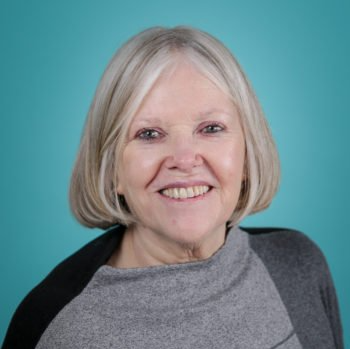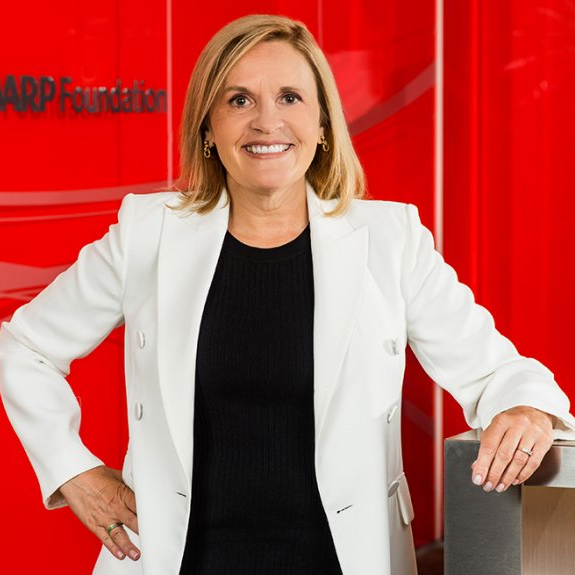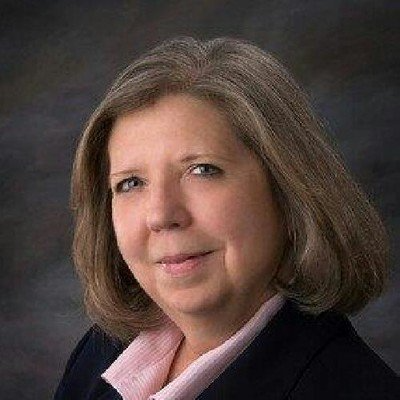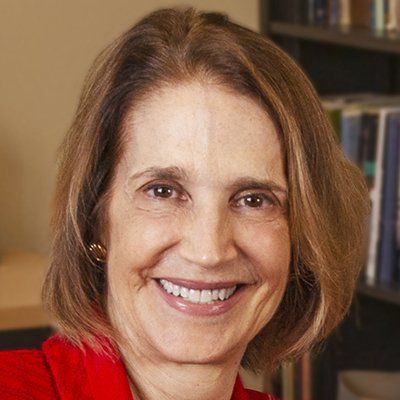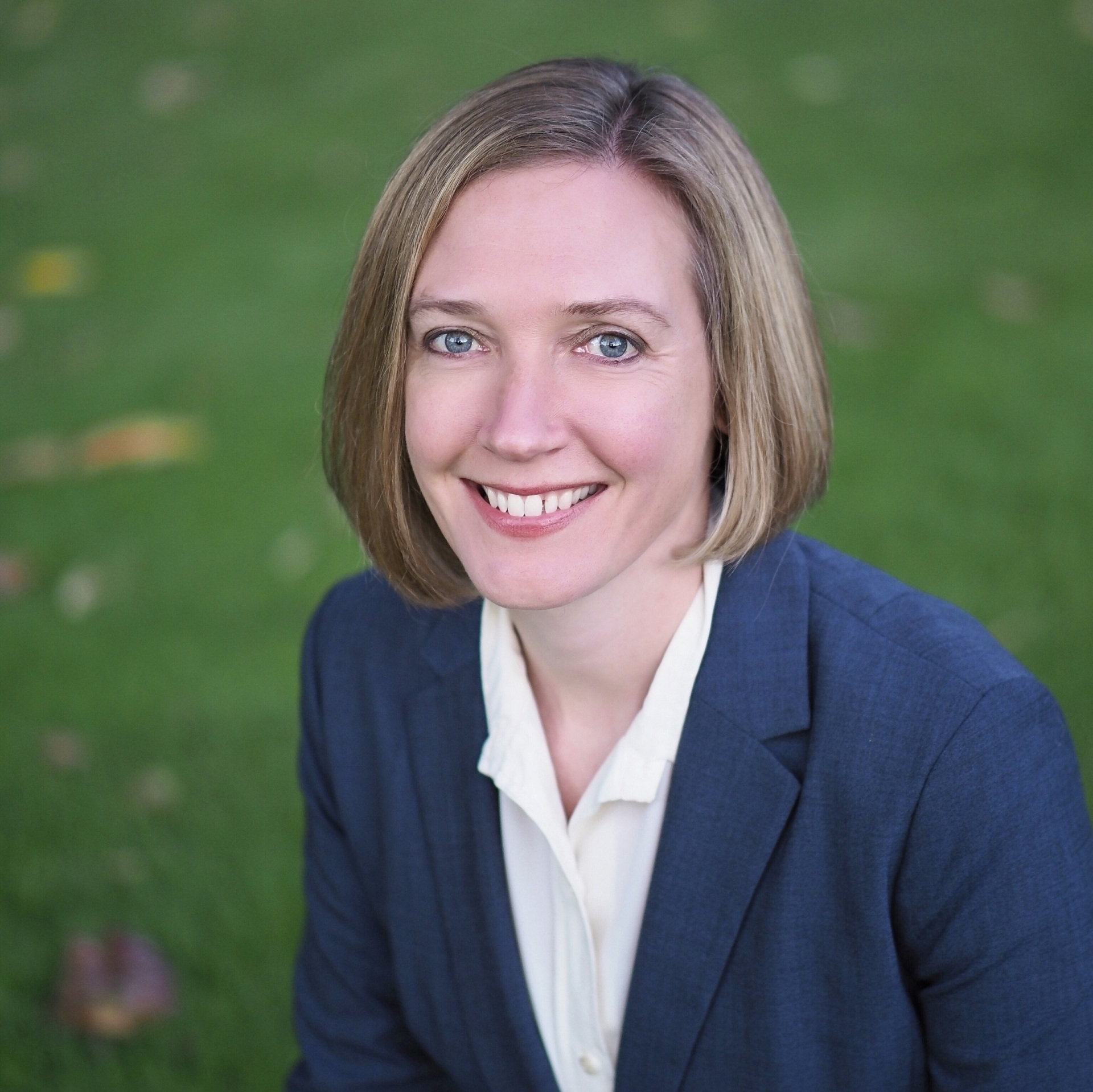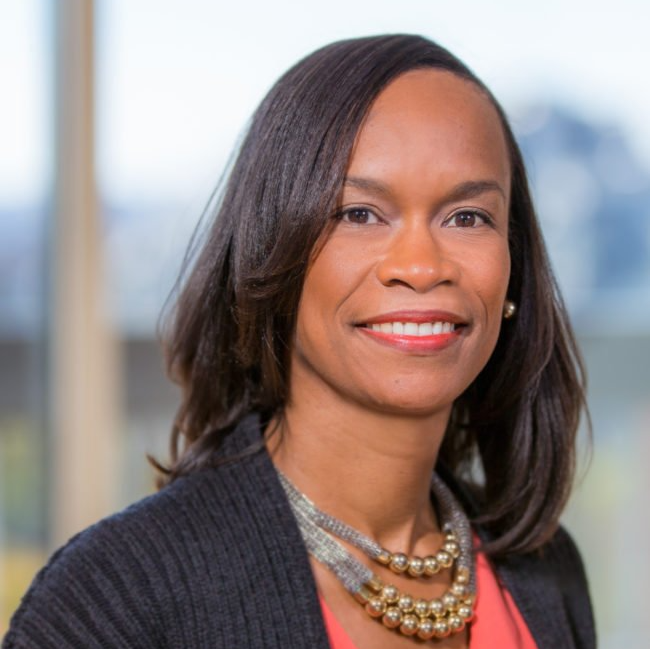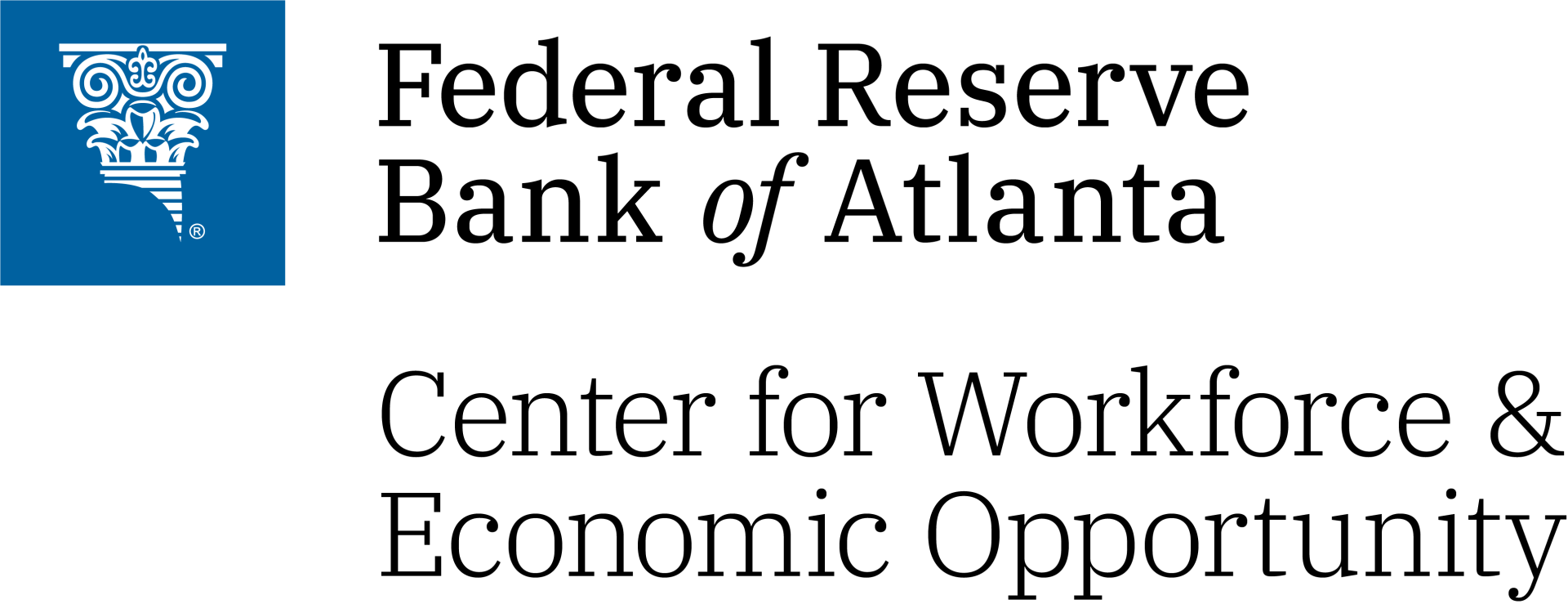The economic fallout from the COVID-19 pandemic has resulted in millions of new long-term unemployed individuals. As the country continues to reopen, many long-term unemployed workers may return to the workforce, but individuals will be reentering a job market that looks different from a year and a half ago. Businesses large and small embraced technology and automation in new ways, accelerating trends that existed before COVID-19. These individuals will need training, guidance, and support to reenter the workforce successfully.
Previous economic crises have shown that the long-term unemployed have historically found it more challenging to find reemployment. Ongoing high levels of long-term unemployment can lead to more discouraged job seekers dropping out of the labor force. When long-term unemployment is widespread, as it is now, especially among job seekers ages 55 and older, the effects on the labor force can be long-lasting and influence economic recovery more broadly.
Moderators:
Speakers & Panelists:
Stuart Andreason
Assistant Vice President and Director of the Center for Workforce and Economic Opportunity
The Federal Reserve Bank of Atlanta

